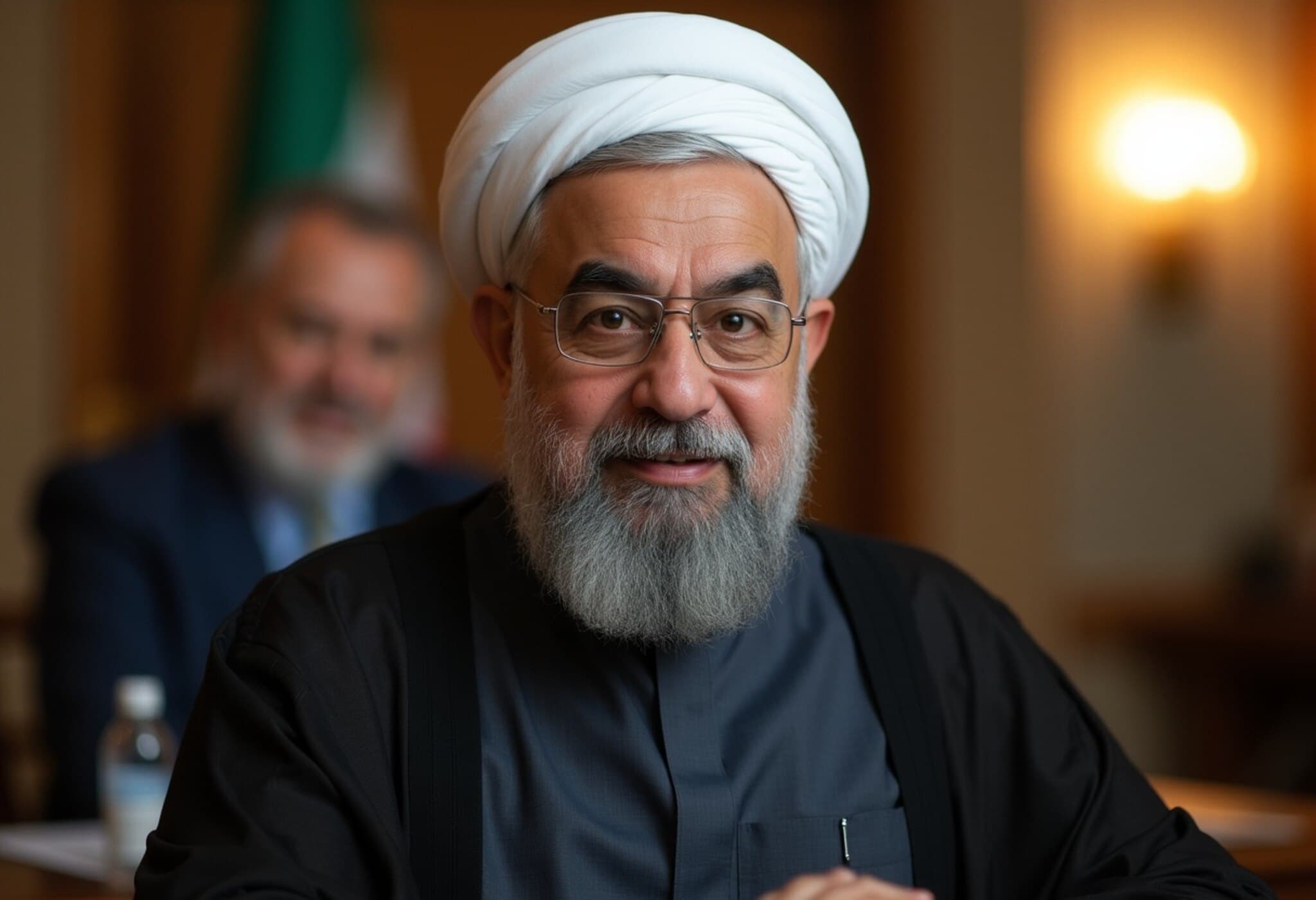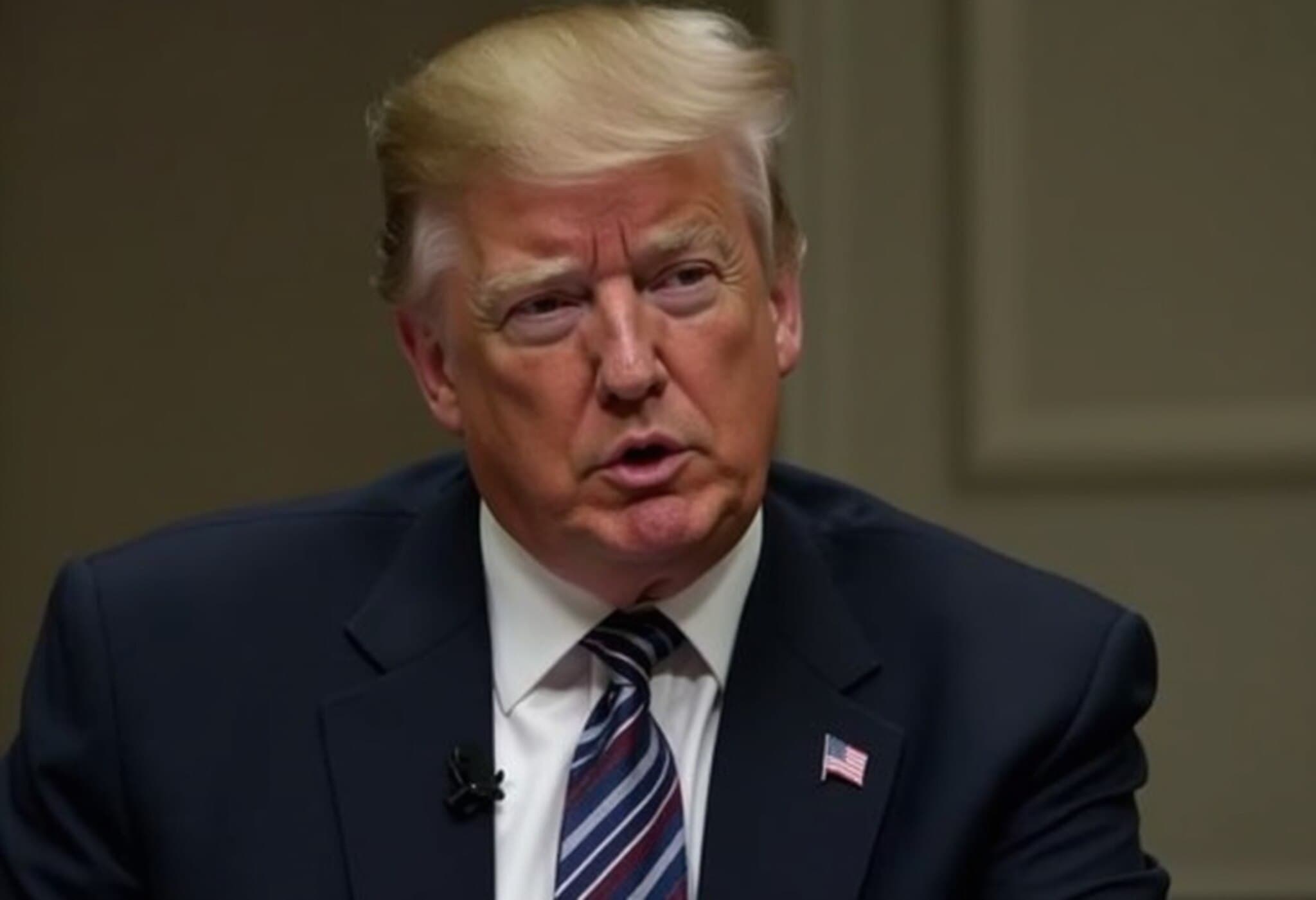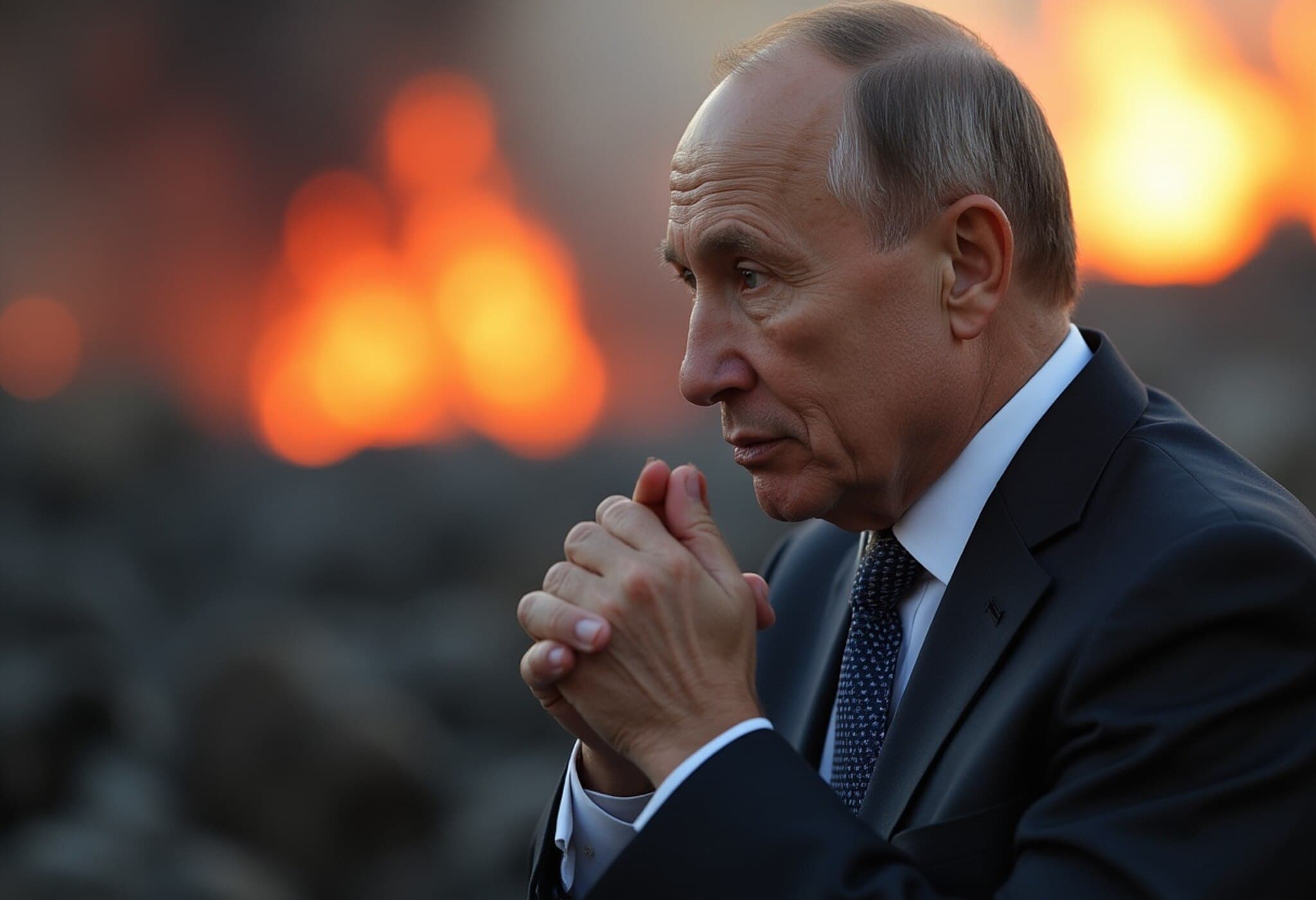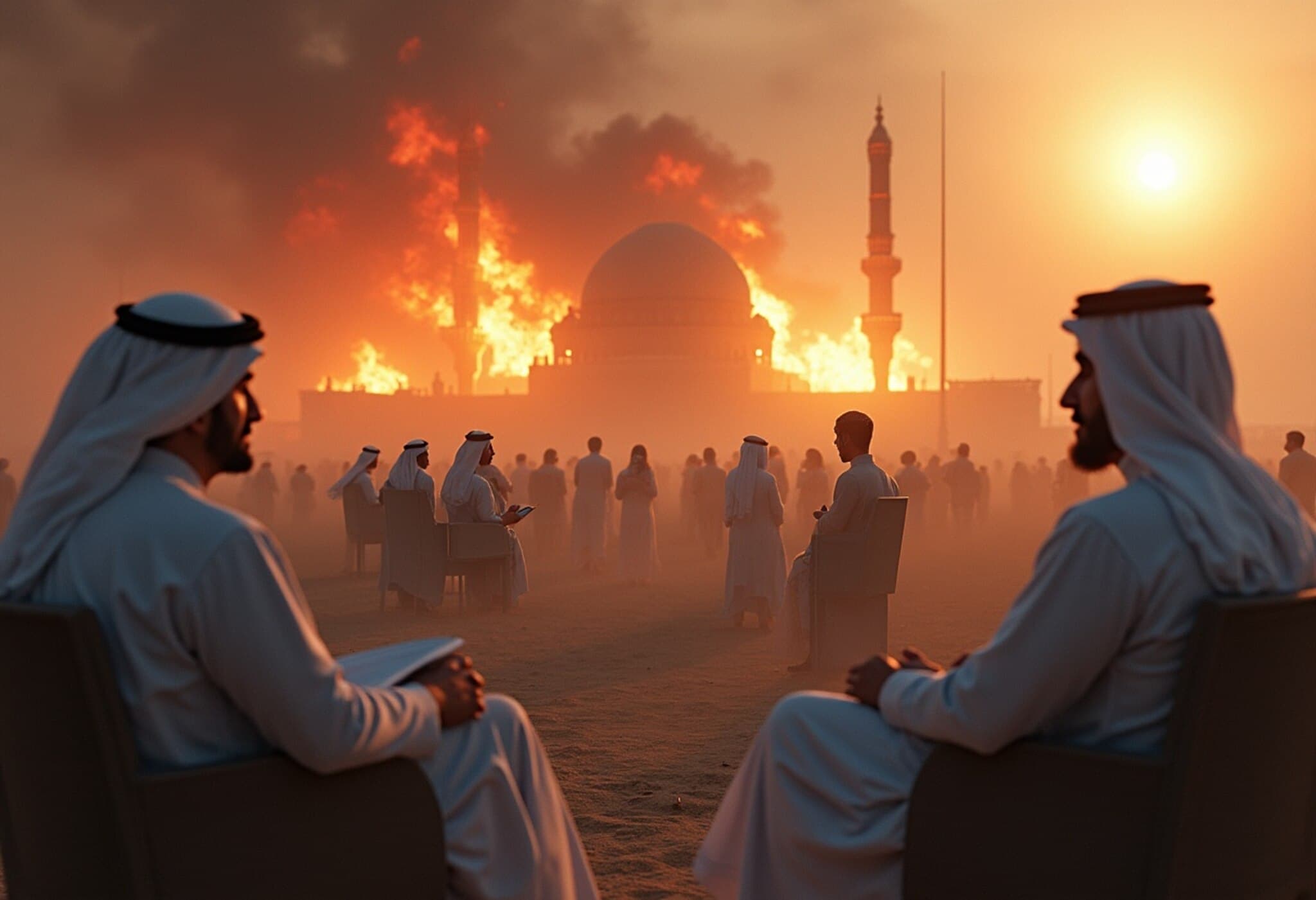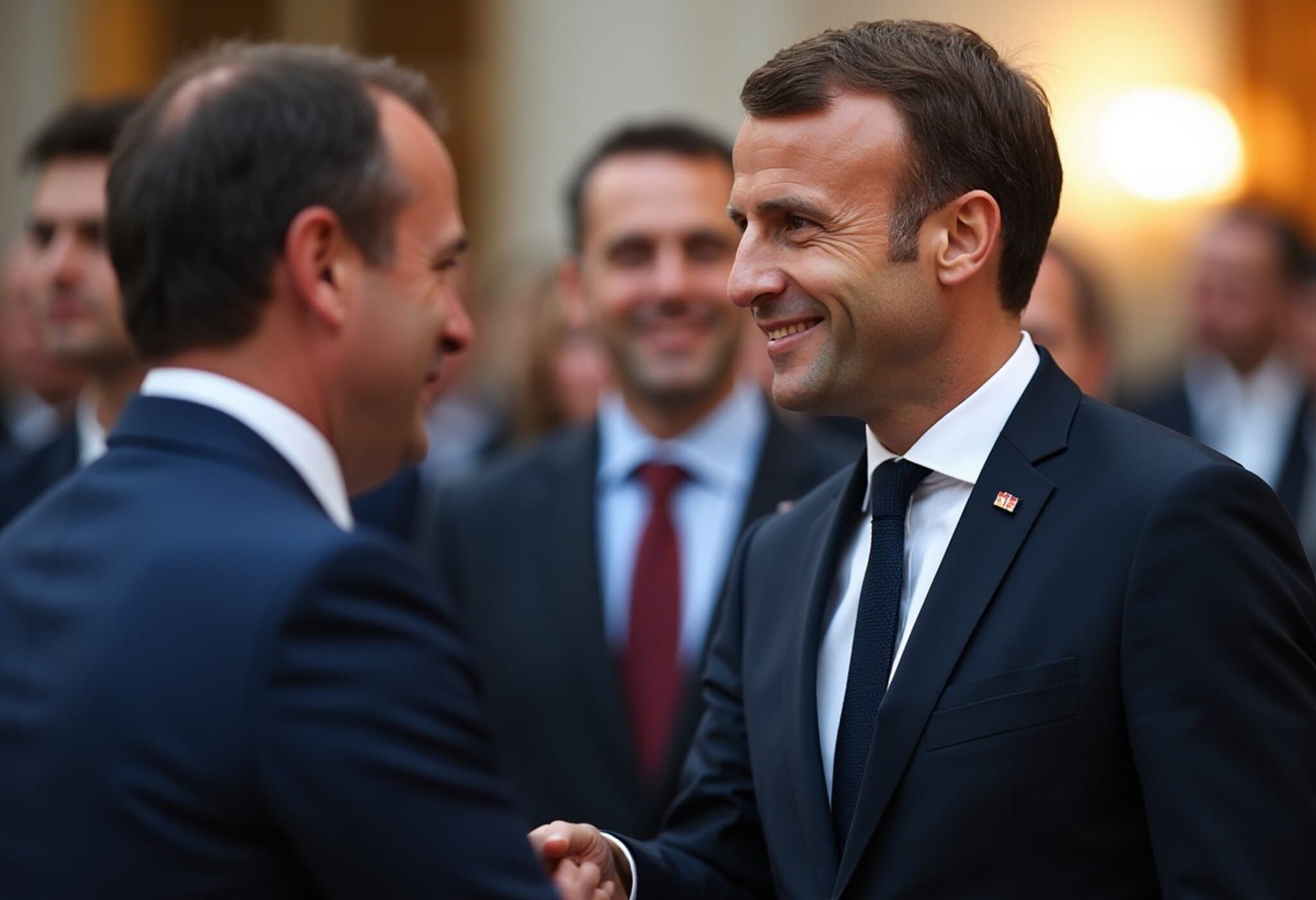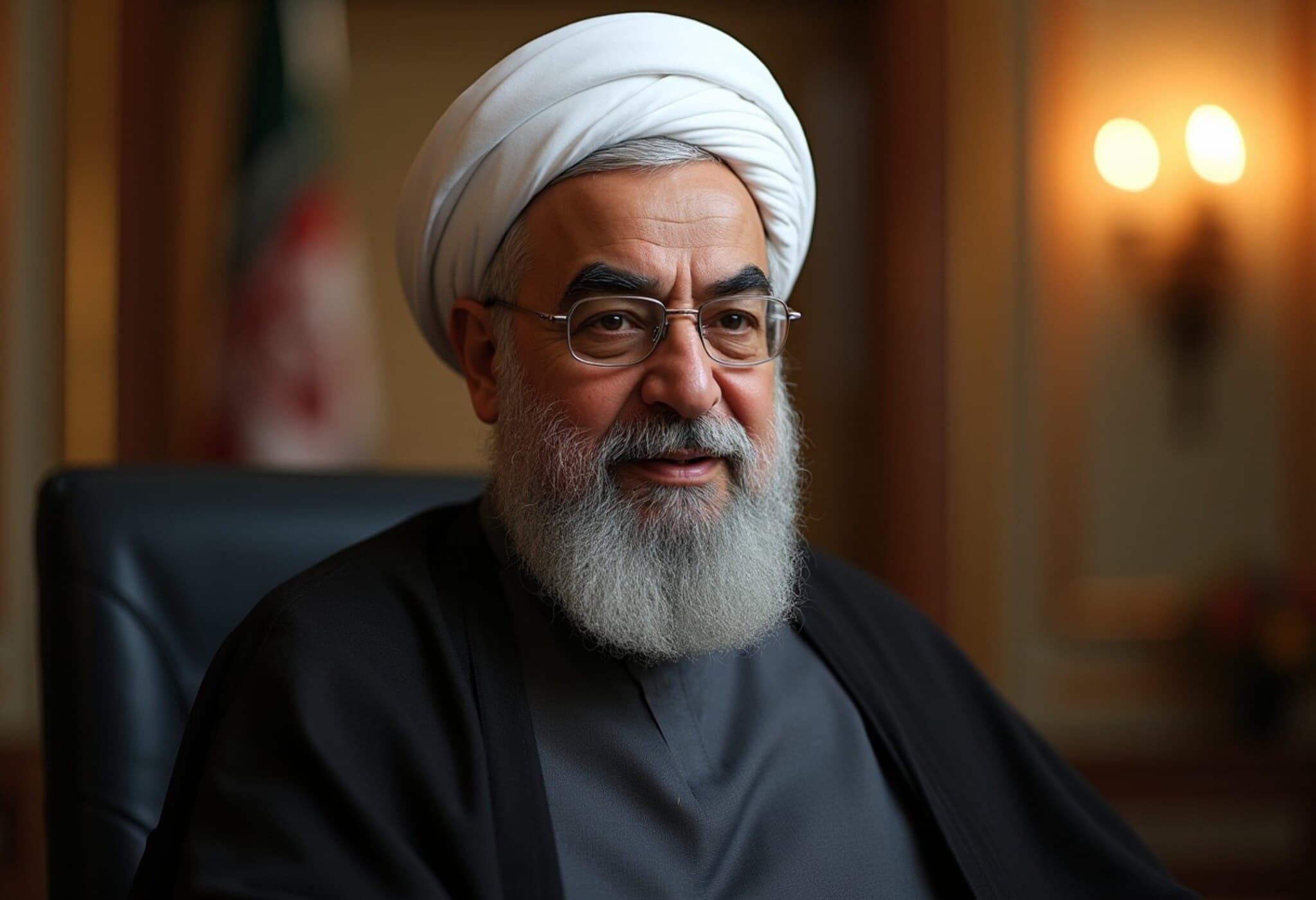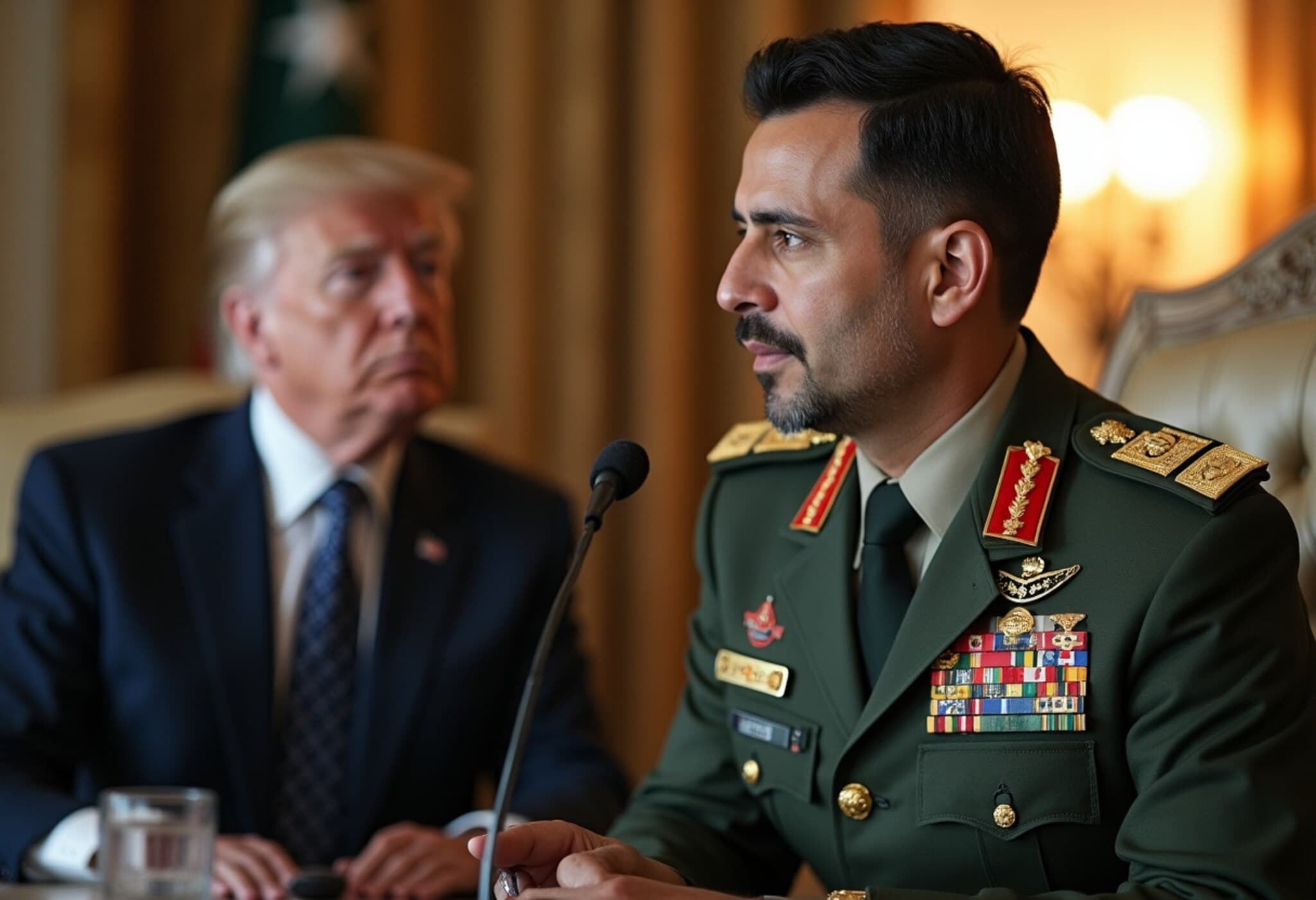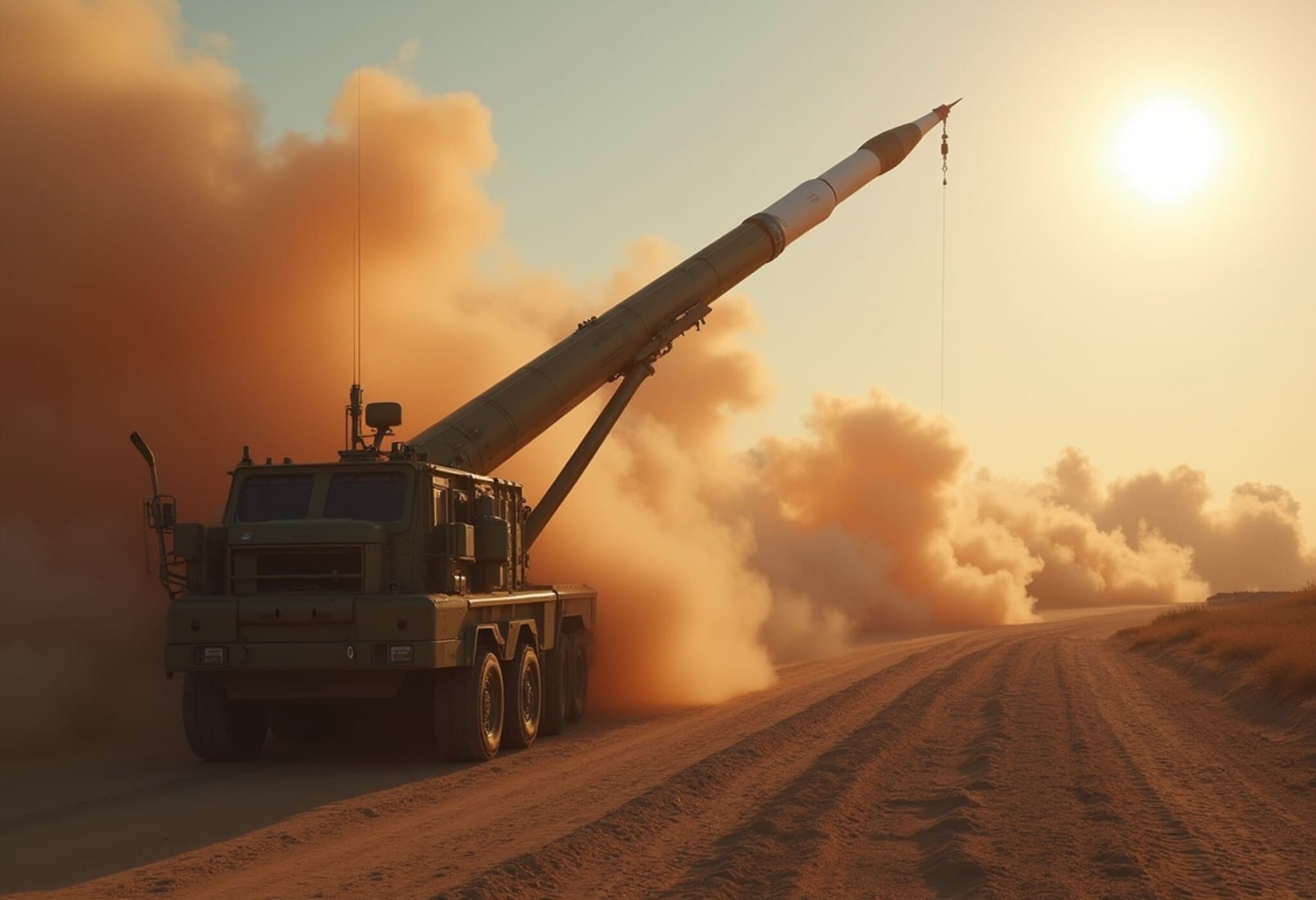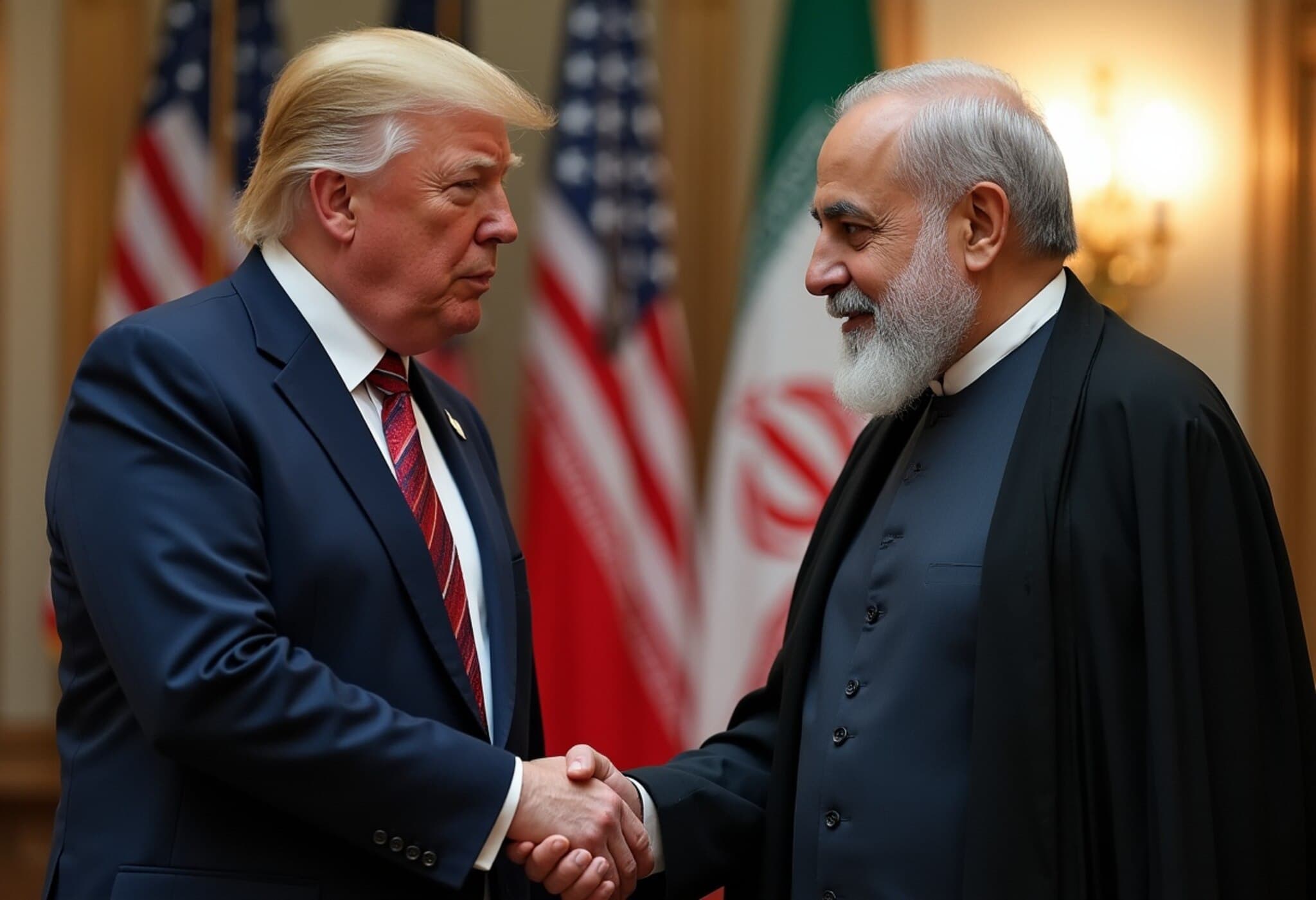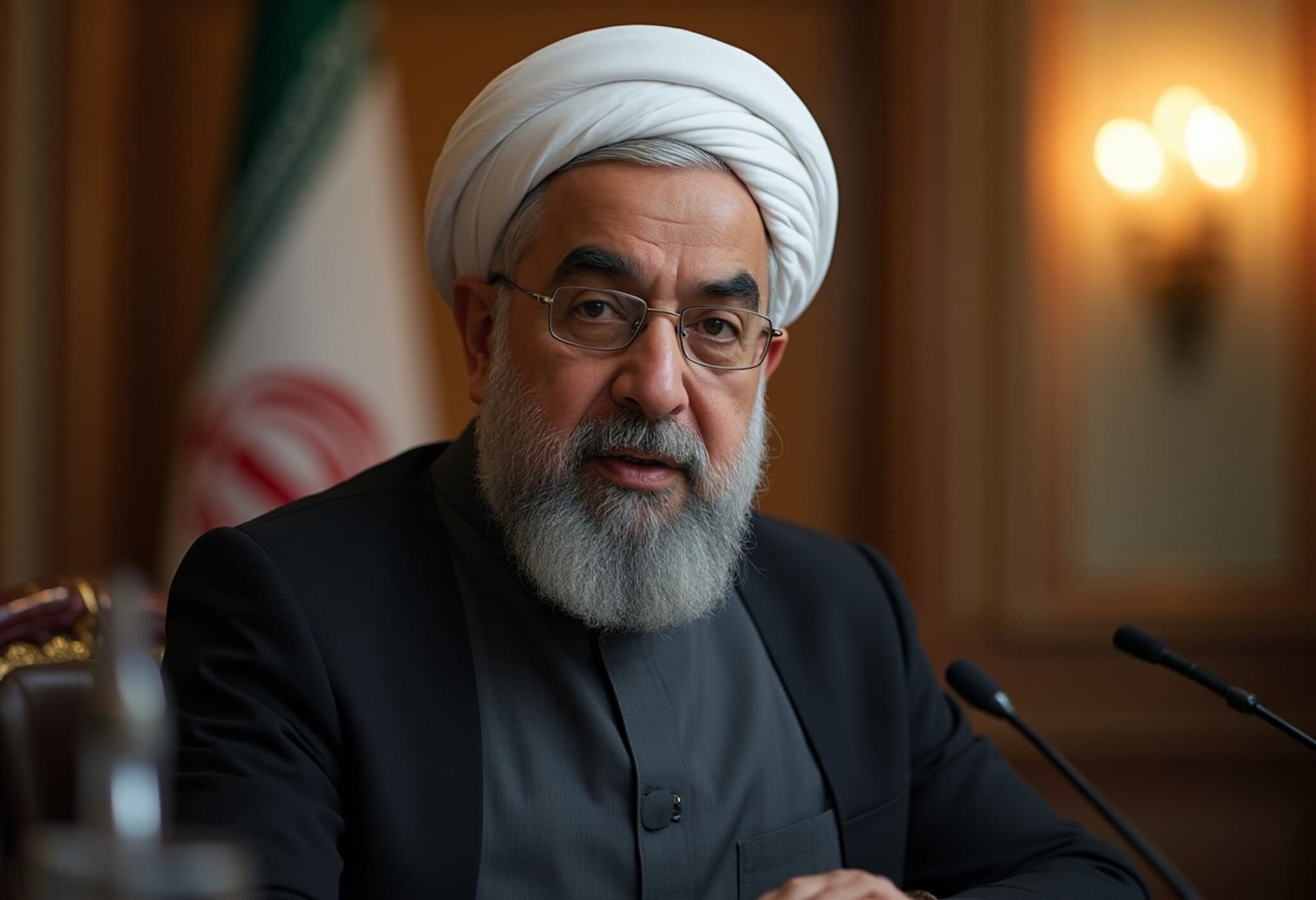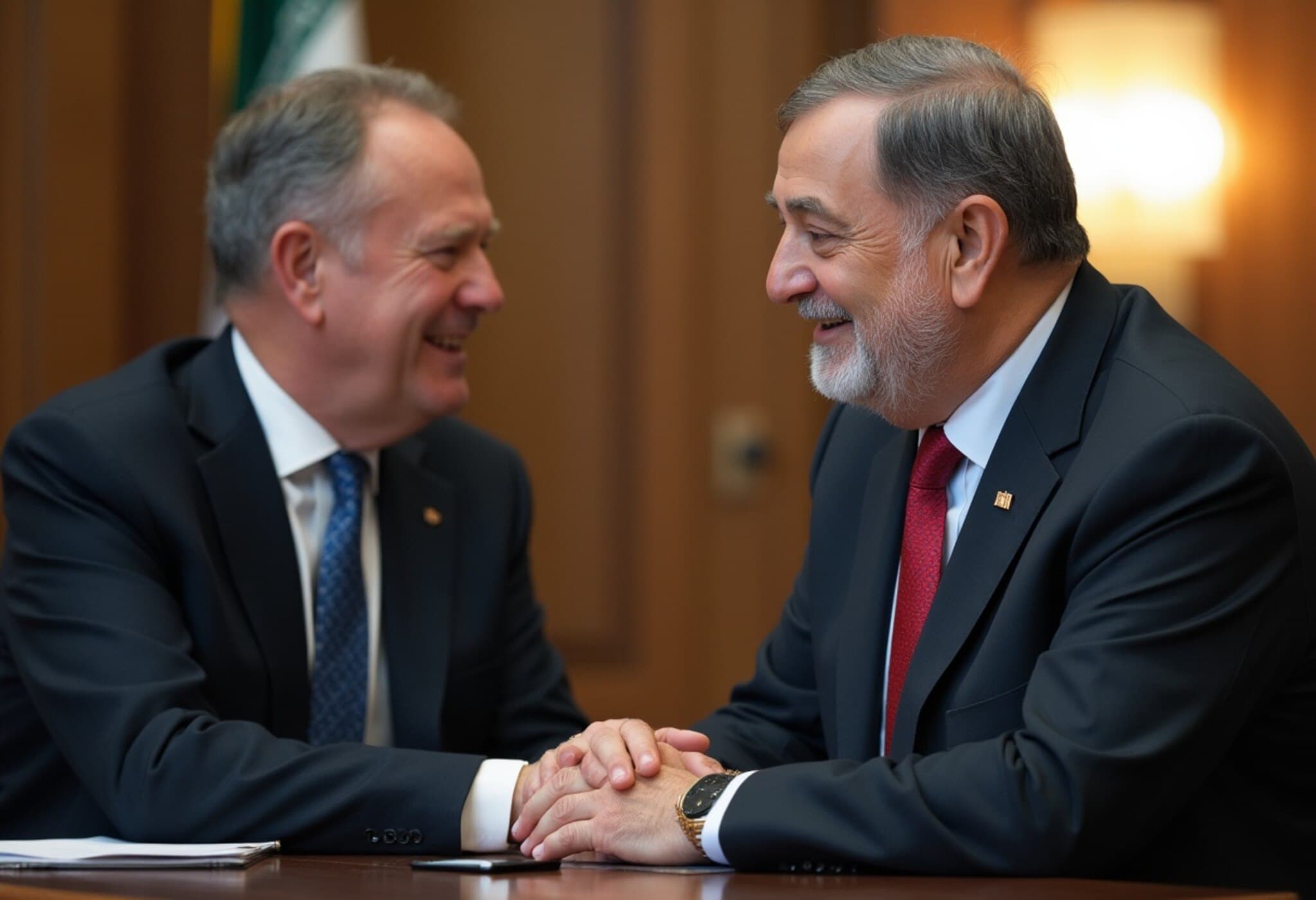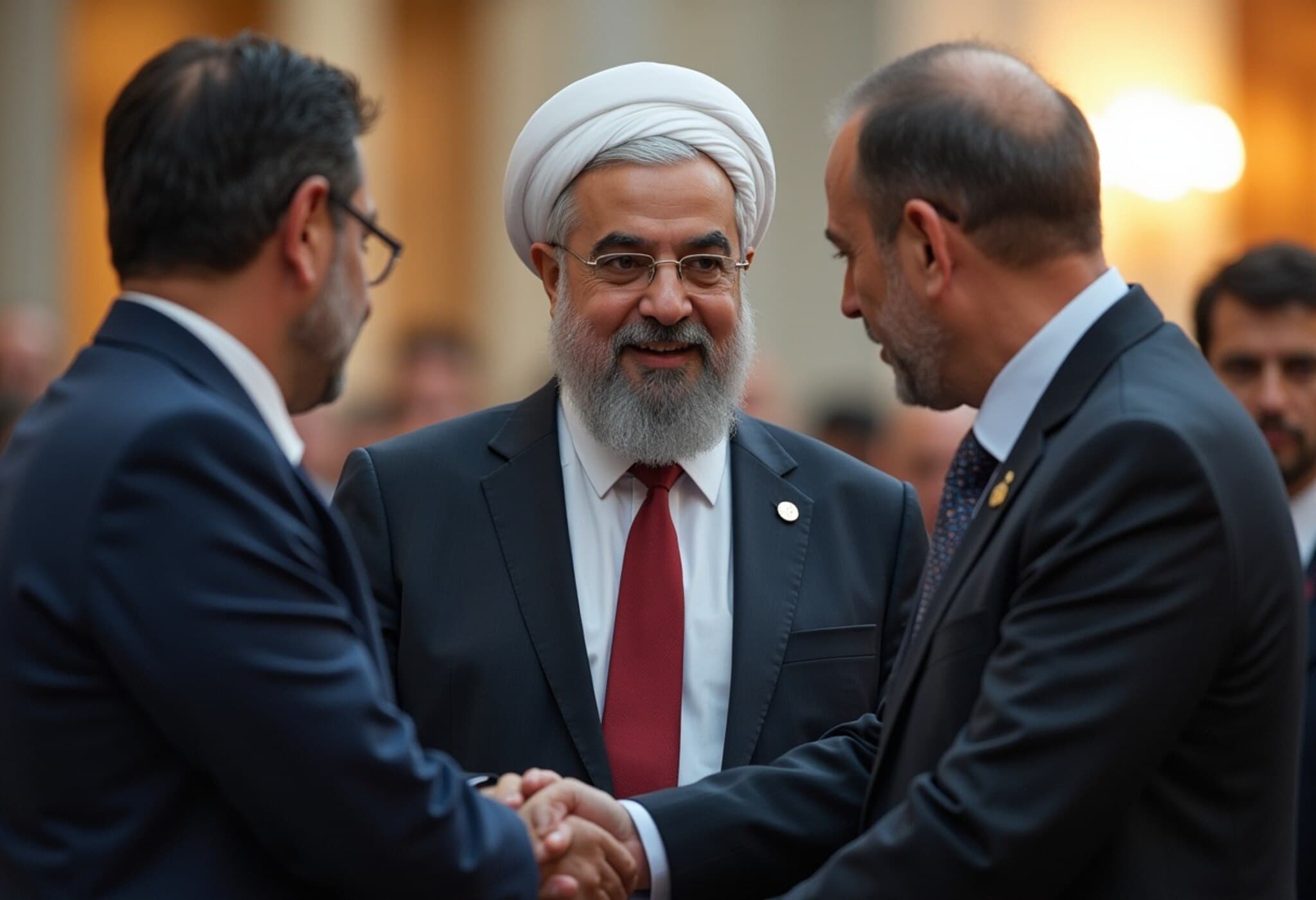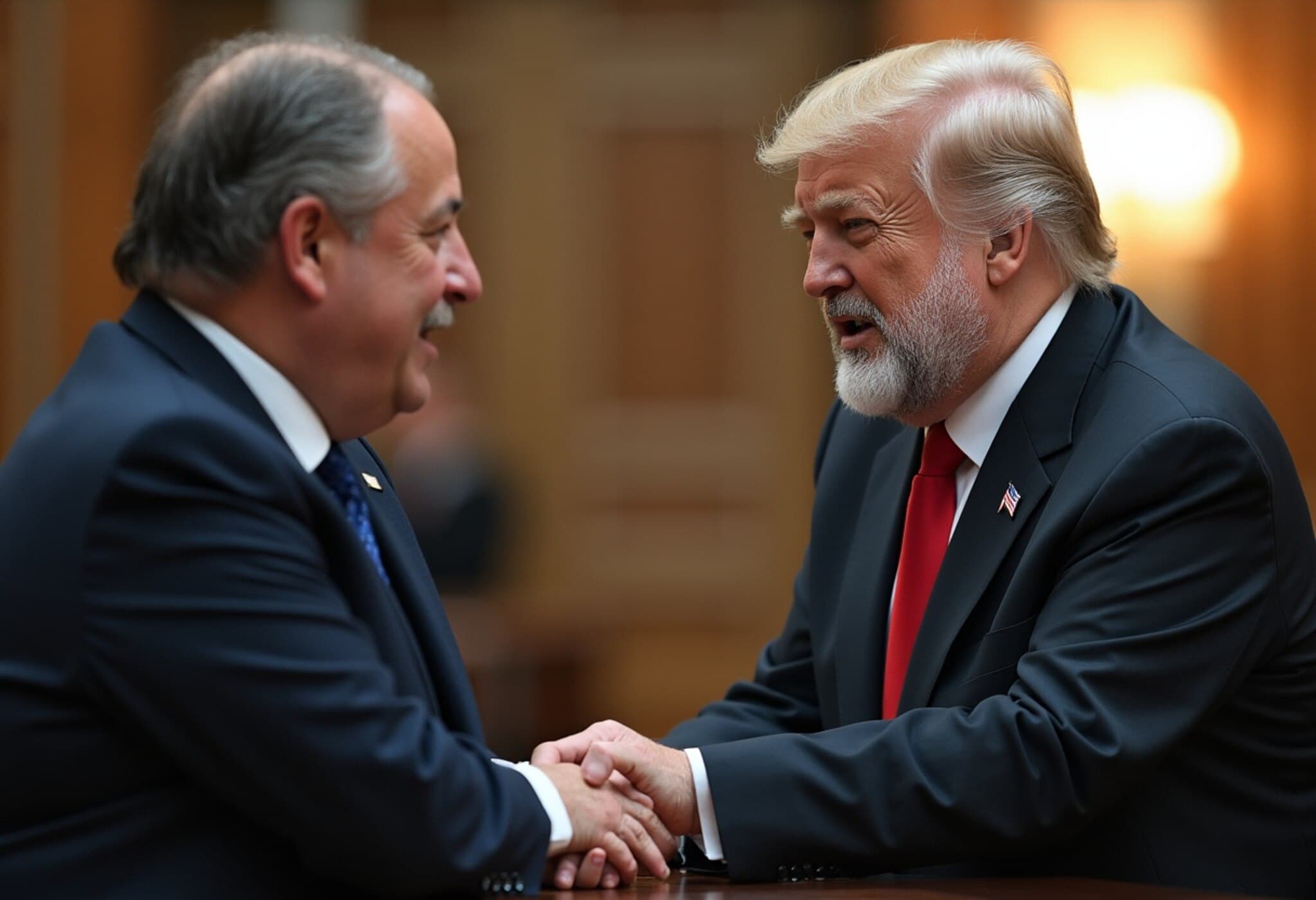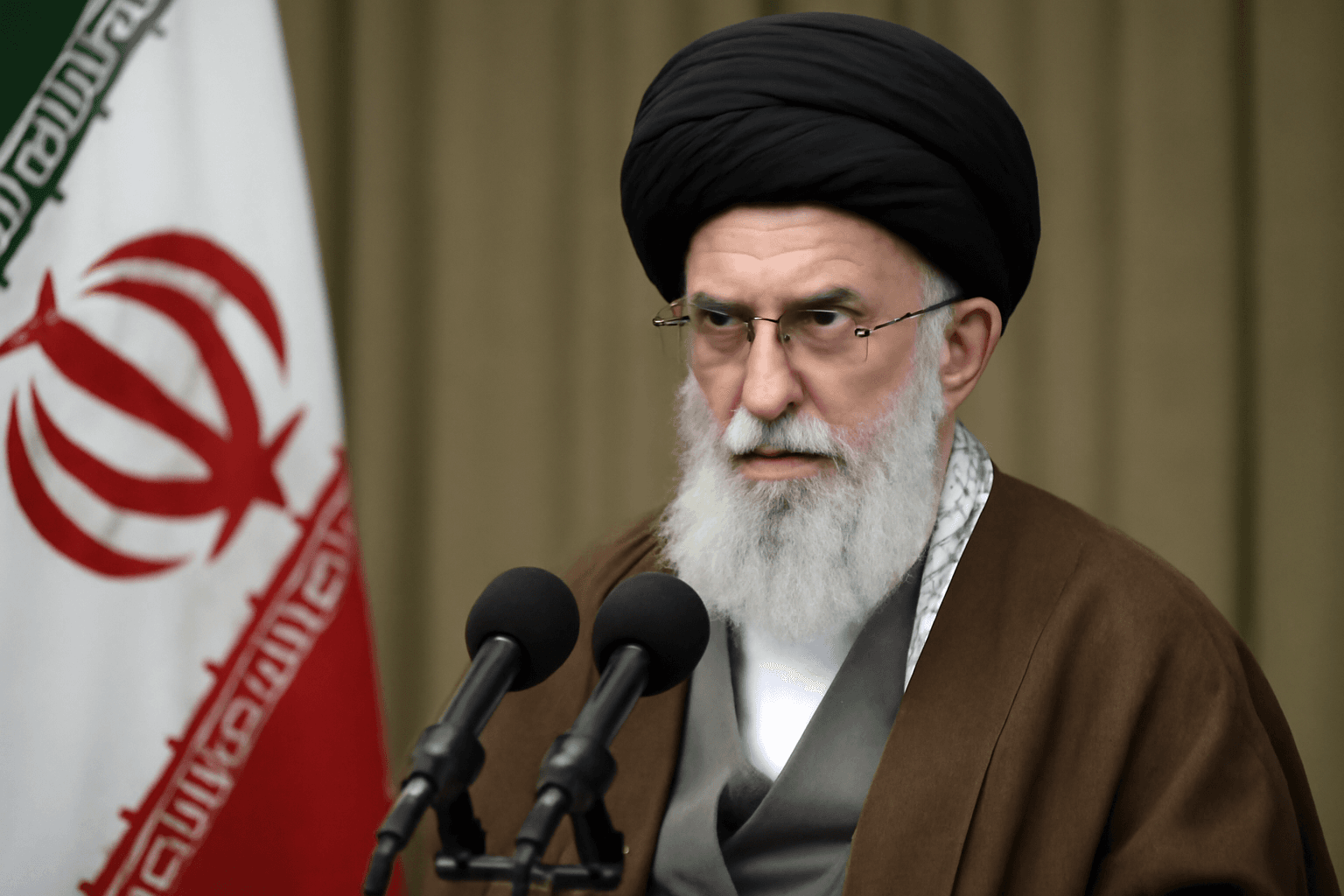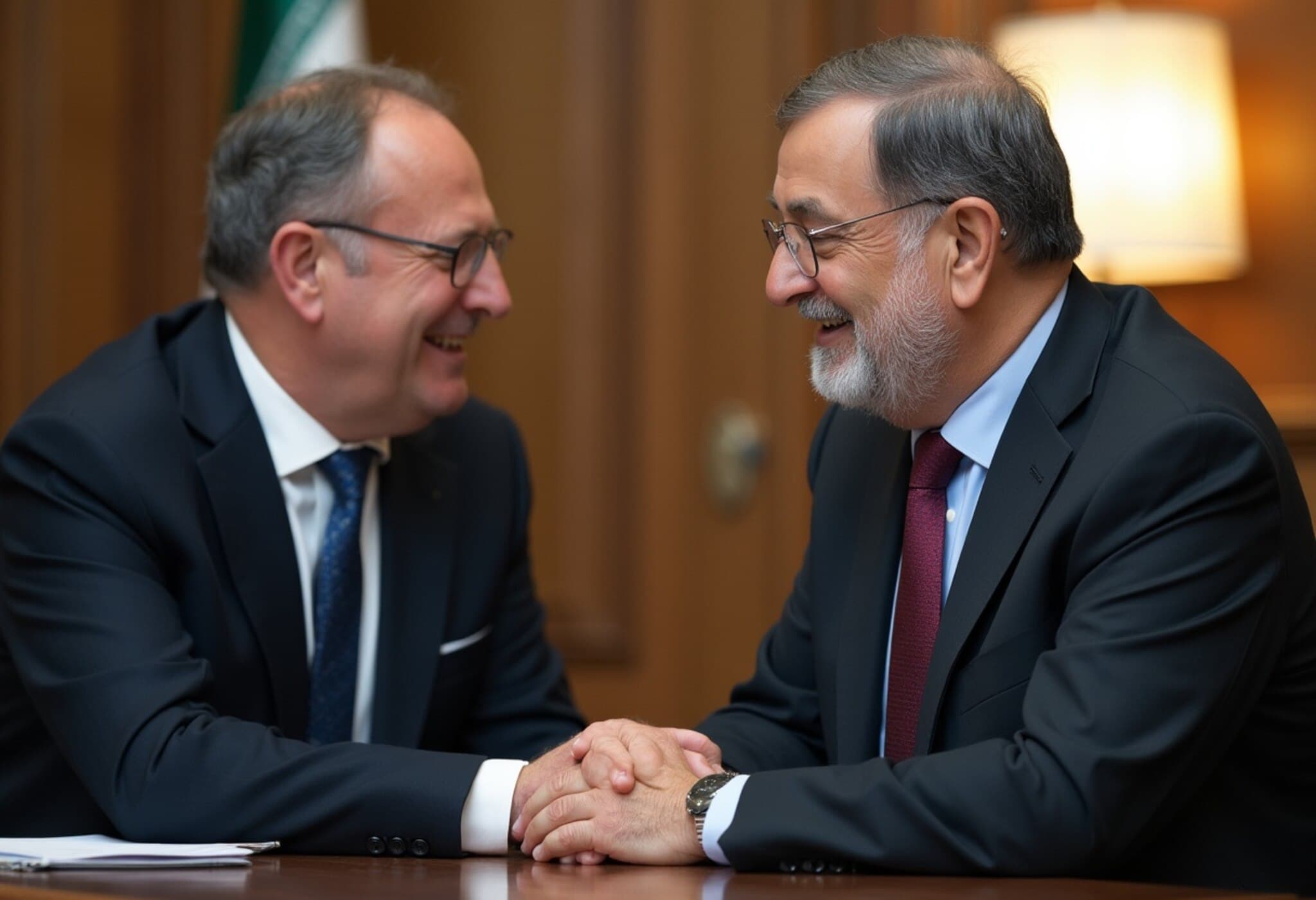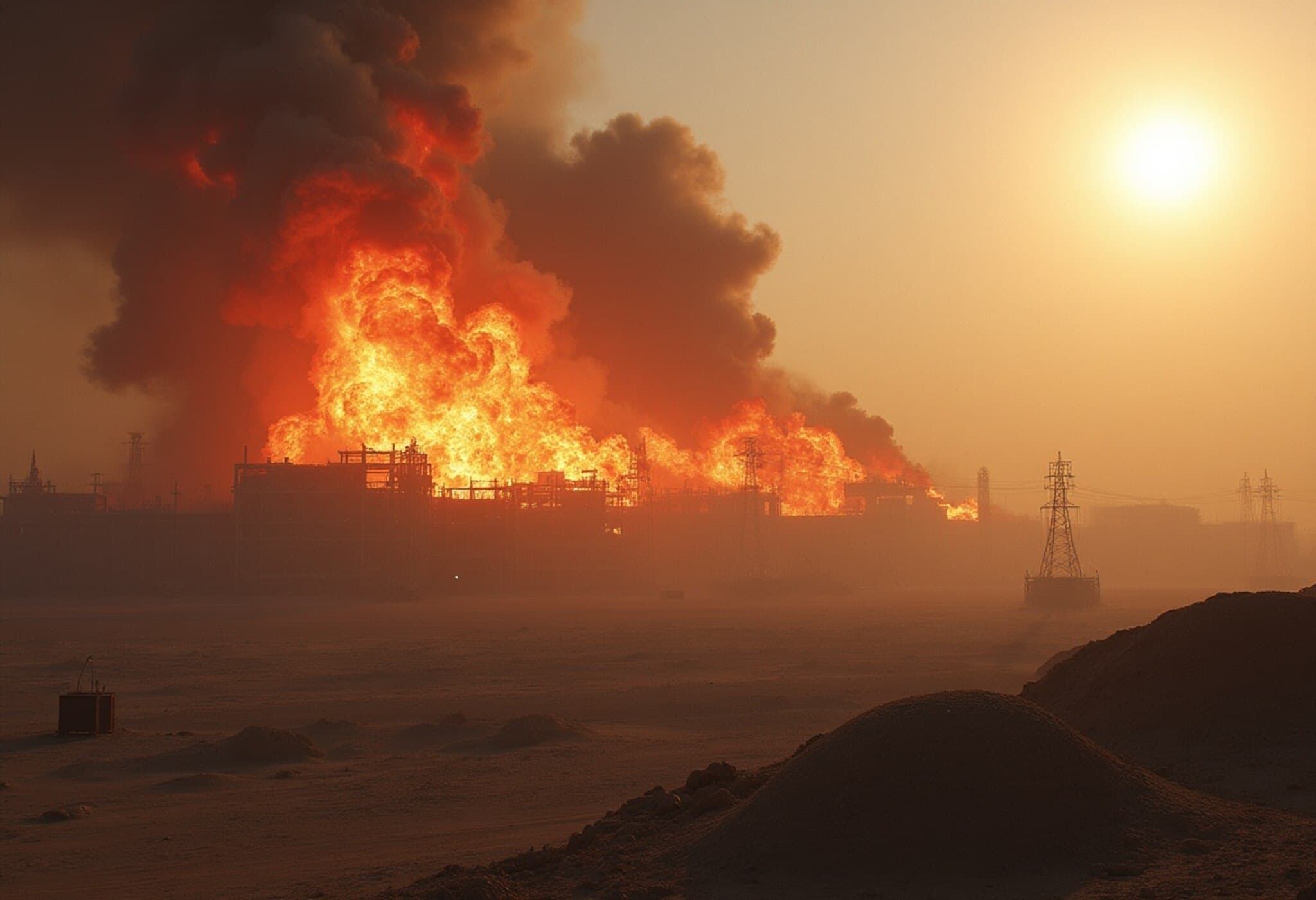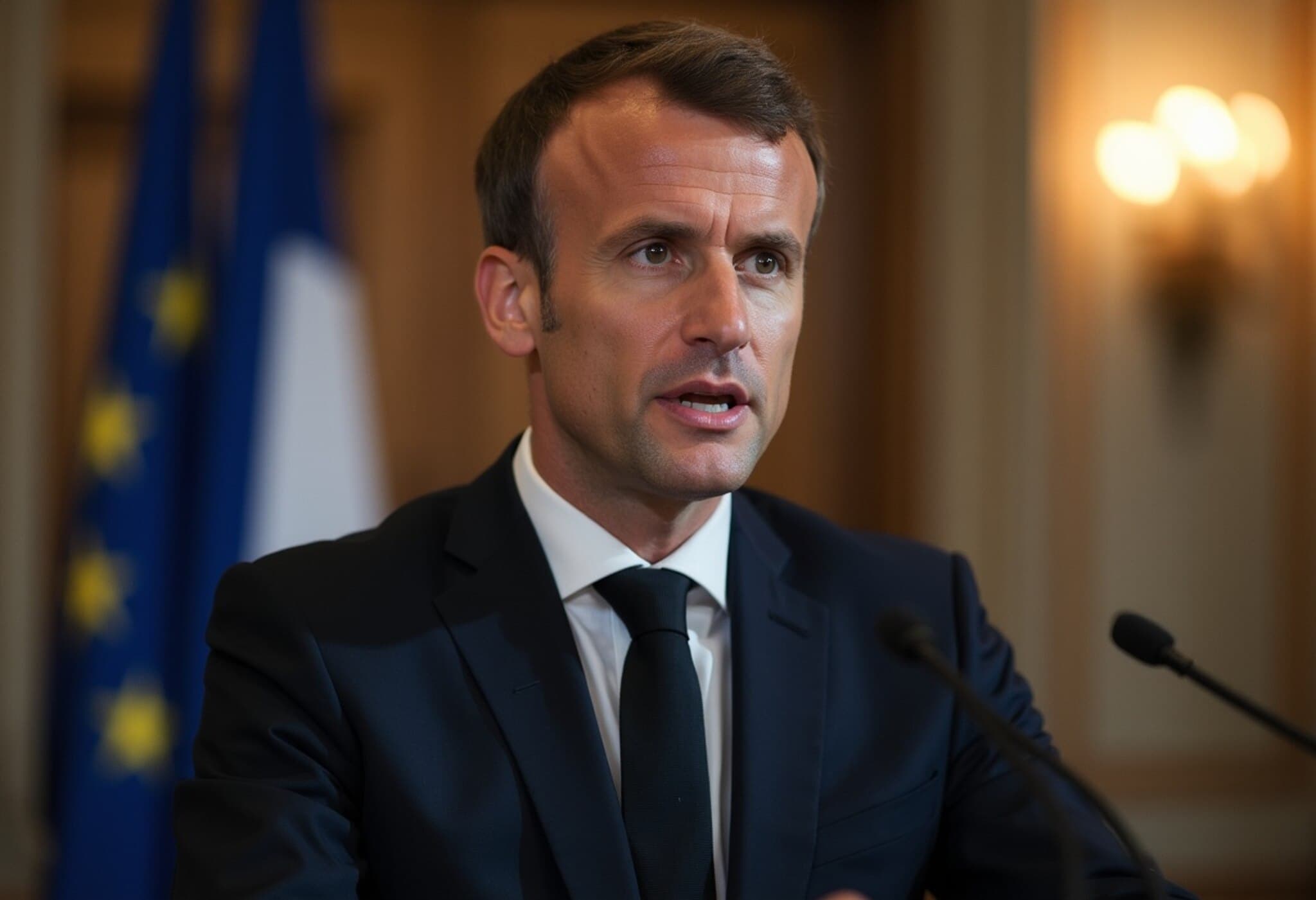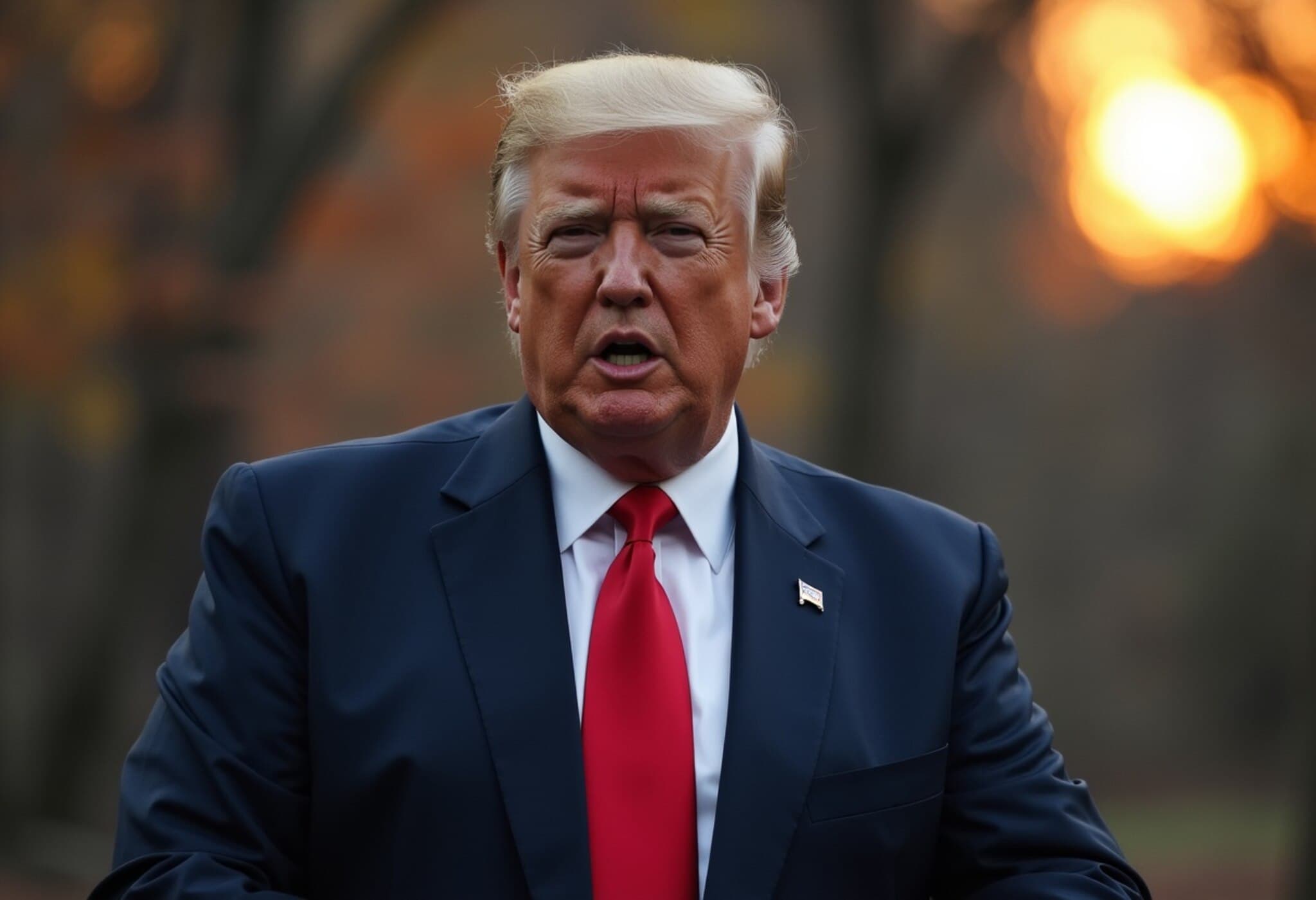Iran Questions US Trustworthiness After Israeli Strike Ahead of Nuclear Talks
Just days before high-stakes negotiations with the United States were set to begin, Iran faced an unexpected blow when Israel launched a military attack on its territory. This development has cast a long shadow over the diplomatic process, with Iranian Foreign Minister Abbas Araghchi expressing deep skepticism about America's intentions in the talks.
Trust Issues in the Diplomacy Arena
Araghchi openly challenged the credibility of the US efforts, suggesting that the talks might merely serve as a facade to justify Israeli aggression. "We don't know how we can trust them anymore," he declared, branding the recent attack as a betrayal of diplomatic principles. His remarks came amid a tense backdrop, with US President Donald Trump setting a two-week deadline to decide on entering a nuclear agreement with Iran.
Conditions for Resuming Talks
While Iran has not shut the door on diplomacy, its readiness to negotiate hinges on a critical caveat – Israel must cease its military offensives against Iran. "We are not prepared to negotiate as long as the aggression continues," Araghchi emphasized, highlighting the direct link between regional hostilities and the nuclear dialogue.
Uranium Enrichment and National Sovereignty
Rejecting US demands aimed at halting uranium enrichment, Araghchi framed this process as an essential element of Iran's national pride and scientific achievement. "Enriching uranium is the right of every country," he asserted, reinforcing Iran's stance on maintaining its nuclear program under sovereign terms.
Mixed Signals and Diplomatic Frustrations
Regarding US envoy Steve Witkoff, Araghchi described him as a cooperative figure but expressed frustration over inconsistent statements. "He changed his words every time we met," he noted, hinting at a disconnect between promises made and actions taken.
Determination to Defend and Rebuild
In response to threats of destroying Iran's nuclear facilities, the minister proclaimed resilience grounded in knowledge and technology. "If they destroy the facilities, we can rebuild them," he said, underscoring that technological progress cannot be undone by military strikes.
Potential US Involvement in Israeli Attacks
Araghchi warned that if the US were to assist Israel in strikes against Iran, Tehran reserves the right to retaliate accordingly. "Self-defense is a legitimate right of every country," he remarked, indicating readiness for escalation if external powers join the offensive.
Reactions to Threats Against Iranian Leadership
Addressing rumors about possible assassination attempts on Iran’s Supreme Leader Ayatollah Ali Khamenei, Araghchi condemned such actions as "the biggest crime" but expressed confidence they would not succeed. Meanwhile, President Trump acknowledged knowing Khamenei's whereabouts but claimed no immediate plans to target him.
Characterizing US Threats as Insults
Iran views President Trump’s aggressive rhetoric not as credible threats but as insults. Araghchi expressed disbelief over the tone used by the US leader, recalling past respectful interactions between Iran and the American administration.
Escalation and Diplomatic Efforts Amid Regional Tensions
The situation remains volatile, with fresh exchanges of attacks between Iran and Israel occurring shortly after Tehran ruled out negotiating under threat. Meanwhile, US indications of a potential ceasefire depending on circumstances introduce an unpredictable dynamic to the ongoing aerial conflict involving key regional actors.

